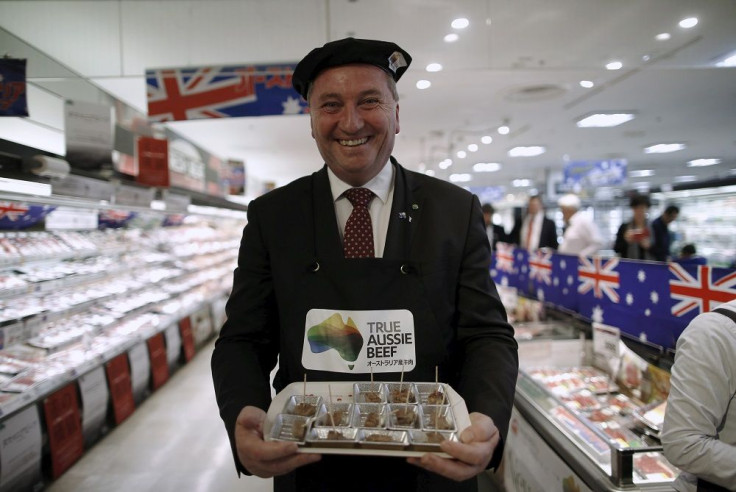$2B water infrastructure loans fund is centrepiece of Deputy PM’s agriculture policy

Based on the Coalition’s belief that having strong farmers would translate into a stronger Australian economy, Deputy Prime Minister Barnaby Joyce unveiled on Wednesday its $240-million agriculture policy. Contained in the Agriculture White Paper, the policy’s centerpiece is the $2-billion water infrastructure loans fund.
To administer the funds, the Regional Investment Corporation would be established and regulated like a bank. By administering drought and dairy concessional loans, it would remove the responsibility from states, reports ABC.
Joyce, also the agriculture minister, discussed details of the Agriculture White Paper at the opening of the yearly PrimeEx field day in Casino, New South Wales, a beef-producing town. At the event, Joyce said $20 million would be allocated over five years to fund research on eradicating pests such as feral pigs and wild dogs which damage thousands of dollars worth of crops yearly.
He also pledged another $8.3 million to improve animal welfare in Australia’s live export industry rocked anew by the Vietnamese slaughterhouse surveillance video that showed butchers hitting the live cattle with sledgehammers on the head. The fund would be part of the Livestock Export Global Assurance programme.
Joyce believes Australia’s agriculture sector is well-placed to prosper because besides the country sitting on the edge of the strongest region in the world, it has a developed agricultural sector, world-class food safety and environmental credentials, modern technology, strong economy and skilled labour.
In brief, the paper outlines the Coalition’s priorities to further strengthen the sector such as fairer competition for farm produce, better regulation, better tax system for farm business, preparing for drought, to make farming smarter and access premium markets.
VIDEO: Australian National Outlook – Food and Agriculture





















